Jammu and Kashmir is a region administered by India as a union territory and consists of the southern portion of the larger Kashmir region, which has been the subject of a dispute between India and Pakistan since 1947, and between India and China since 1962. The Line of Control separates Jammu and Kashmir from the Pakistani-administered territories of Azad Kashmir and Gilgit-Baltistan in the west and north. It lies to the north of the Indian states of Himachal Pradesh and Punjab and to the west of Ladakh, which is also subject to the dispute as a part of Kashmir, and administered by India as a union territory.
Provisions for the formation of the union territory of Jammu and Kashmir were contained within the Jammu and Kashmir Reorganisation Act, 2019, which was passed by both houses of the Parliament of India in August 2019. The act re-constituted the former state of Jammu and Kashmir into two union territories, one being Jammu and Kashmir and the other being Ladakh, with effect from 31 October 2019.
M.Tech in its full form is "Master of Technology". It is a postgraduate program that focuses on engineering and technology. After completing their B.Tech, students are now interested in M.Tech in Jammu and Kashmir . This is an engineering course that is becoming increasingly popular. There are many specializations that M.Tech degrees can be obtained, including computer science and computing, engineering, civil engineering, and automotive engineering, as well as electronics and communications. Distance M.Tech in Jammu and Kashmir programs are a great option for engineering students who want to continue their studies. You will have the opportunity to learn in the field and work while you study.
M.Tech Specialization:
Structural Engineering Design, Mechanical Engineering, Automotive Technology, Digital Communication, Information Technology, Structural Engineering, Civil Engineering, Engineering Analysis and Design, Automobile Engineering, Research, Electrical Engineering, Aerospace Engineering, Alternate Hydro Energy Systems, Polymer Engineering, Biomedical Engineering, Electronics and Telecommunication Engineering, Transportation Engineering, Embedded Control and Software, Computer Science Engineering, Power System Engineering, Machine Design, Communication Systems, etc.
M.Tech is a well-known course in engineering. It focuses on innovation and improving existing technologies. You will also be required to work on thesis and research projects. Distance M.Tech in Jammu and Kashmir is not recognized by the Supreme Court of India and is therefore invalid. Students willing to study M.Tech in Jammu and Kashmir while working can enroll in courses such as part-time M.Tech or M.Tech evening for professionals.
M.Tech Eligibility Criteria
These are the requirements to start your M.Tech studies.
* A valid GATE score is required and you must hold a BE./B.Tech degree from an accredited college or university.
* Students are admitted to the Master of Technology program based on their performance on the entrance exam (GATE), or at another institution.
* Candidates must have successfully completed a five-year course in applied or scientific science to be eligible for the M.Tech in Jammu and Kashmir program.
* Candidates who have completed an M.Sc in a subject such as science, maths, statistics, computer science, or another similar area are eligible to apply.
* MCA graduates may also be eligible to apply for specializations such as software engineering design.
Notice: M.Tech eligibility criteria can vary from one college to the next. Some colleges also have age limits.
Types of M.Tech Courses in Jammu and Kashmir
Most candidates begin working once they have completed a B.Tech & BE degree. There are many types of M.Tech in Jammu and Kashmir courses that they can choose from, including part-time, full-time, and distance learning. These are the types and options for M.Tech courses.
M.Tech Full-Time Couse:
M.Tech, or Master of Technology in Jammu and Kashmir , is a popular degree for those who are interested in technical research. A B.Tech or BE is required to complete the M.Tech in Jammu and Kashmir degree. The M.Tech full-time course is a two-year postgraduate degree that includes four semesters. Program candidates must attend college, maintain required attendance, pass semesters, and make projects in Full-time M.Tech in Jammu and Kashmir .
M.Tech Part-Time Course:
Part-time M.Tech programs in Jammu and Kashmir are available for working professionals who cannot attend a full-time Master of Technology program. Students must have a Bachelor of Technology degree and meet a specific cutoff rate to be eligible for admission. Part-time M.Tech course in Jammu and Kashmir : A B.E/B.Tech degree in relevant fields or an equivalent must be completed. Sometimes, work experience is required. It varies from one college to the next. Sometimes, no job experience is necessary.
Distance learning M.Tech Course:
M Tech is a post-graduate program that lasts two years for those who have a bachelor's in technology from an accredited university. The M.Tech distance education course in Jammu and Kashmir replaces traditional classroom education with online learning software. Distance learning education students learn online. Distance learning students can take classes from anywhere they want. Online submissions of assignments and projects are possible through distance learning. The distance M.Tech program in Jammu and Kashmir will allow students to gain a better understanding of the subjects they have studied during their bachelor's degree.
M.Tech Information Technology Job Opportunities Abroad
The demand for skilled individuals in computer science, information technology, and software engineering is growing as the world becomes digitalized. "According to Jobbank Canada M.Tech, IT jobs increased in Canada at a much faster rate than the average for all occupations over the same period. It is also estimated that there will be 27,500 new M.Tech IT jobs between 2019-2028".
Admission to Top M.Tech Colleges in Jammu and Kashmir can be determined through state-level entrance exams and national-level exams like GATE, SRMGEET, KIITEE, AP PGECET, TS PGECET, JNUEE, CUCET, PESSAT, DSAT, SUAT, BEEE, BHU PET, etc. Some colleges are admitted based on academic excellence to Top M.Tech colleges in Jammu and Kashmir.
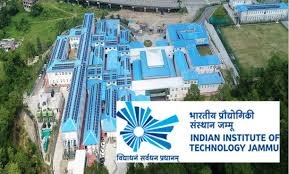
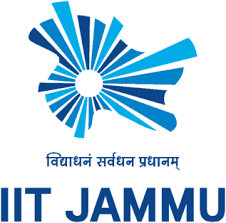









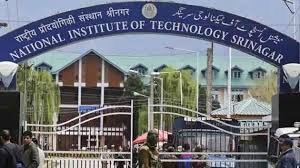
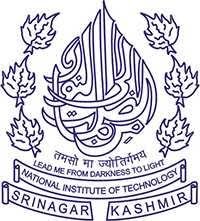
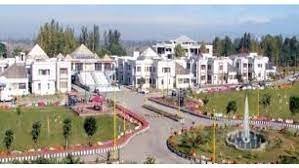
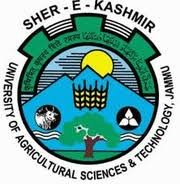
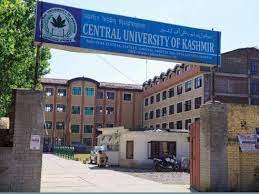
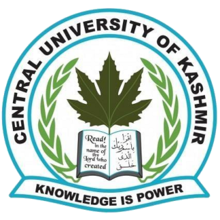
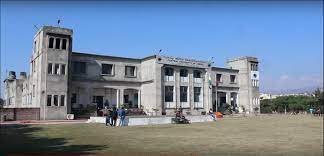



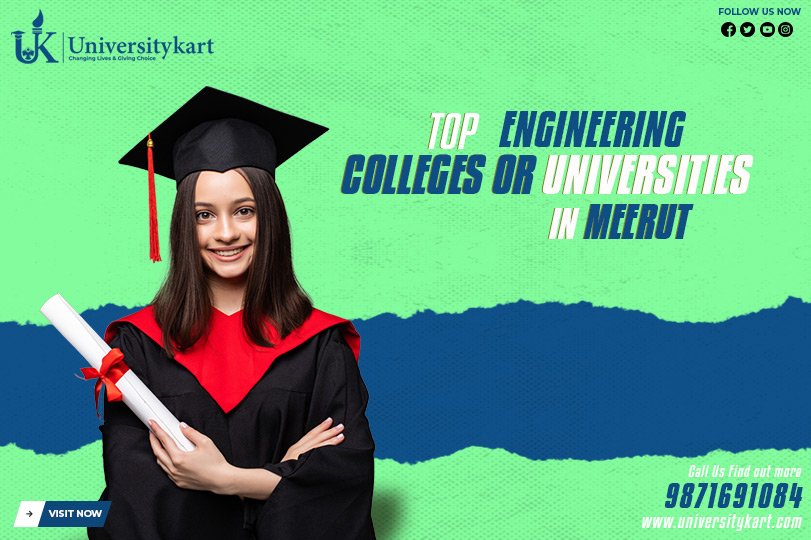




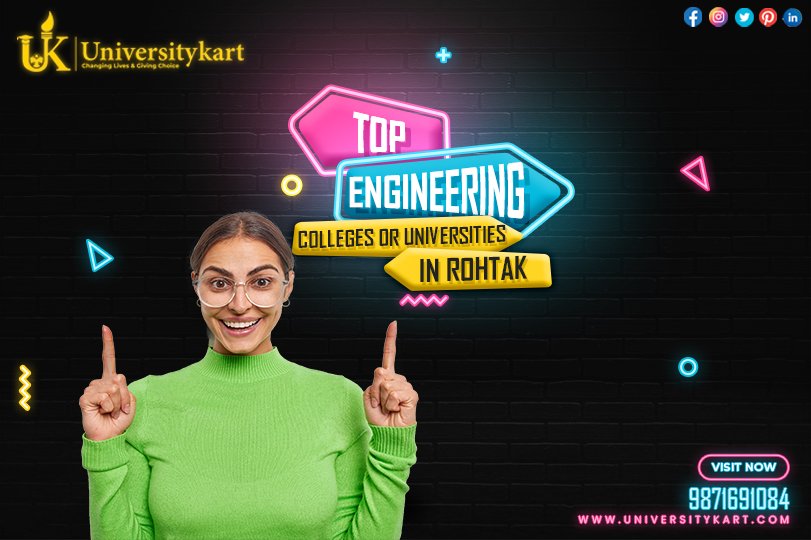
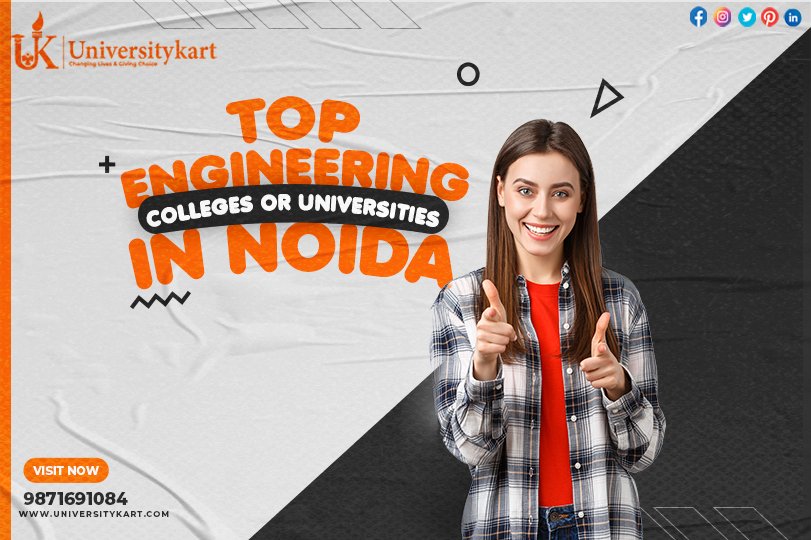
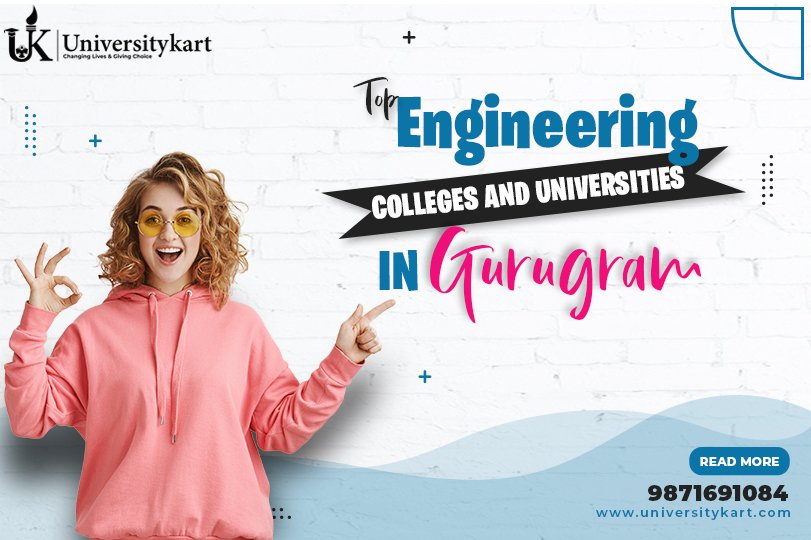

 back
back